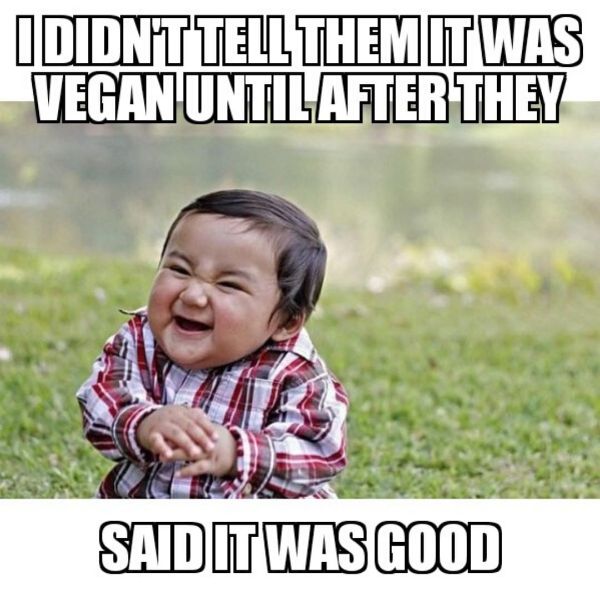Is Protein Powder Vegan? It Depends on This One Ingredient
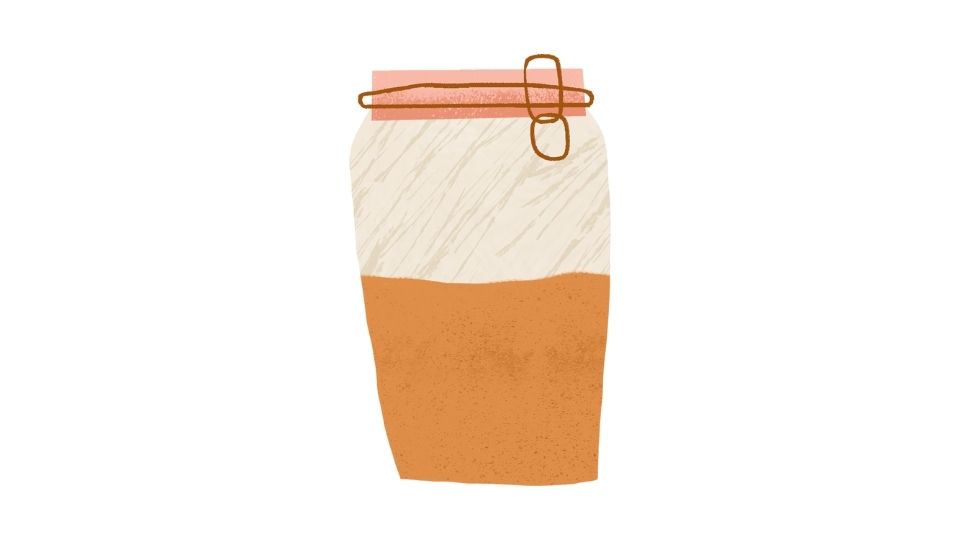
If you’re vegan, you’ve probably asked yourself at some point.
“Is my protein powder actually vegan?”
The answer is both simple and complicated: Protein powder can absolutely be vegan – but it entirely depends on the source.
While non-vegan powders come from things like whey and casein (hello, cow milk), vegan protein powders are made exclusively from plants. And good news – there are tons of awesome plant-based options out there!
Let me break down everything you need to know about vegan protein powders – what they’re made from, why you might choose them, and how to pick the right one for your needs.
What’s Actually In Vegan Protein Powder?
Unlike animal-based protein powders, vegan options come from plants (shocking, I know). Here are the most common types you’ll encounter:
Pea Protein
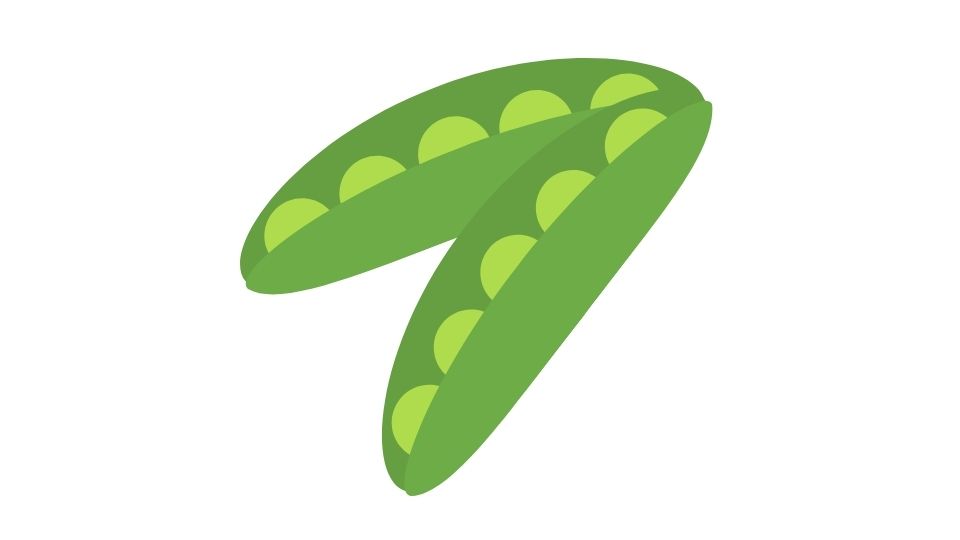
Made from yellow split peas, this is one of the most popular vegan protein sources. Why? It’s:
- A nearly complete protein with all nine essential amino acids
- Hypoallergenic and easy to digest
- Environmentally friendly compared to animal proteins
- Slightly low in methionine (an amino acid), which is why it’s often paired with other proteins
Soy Protein
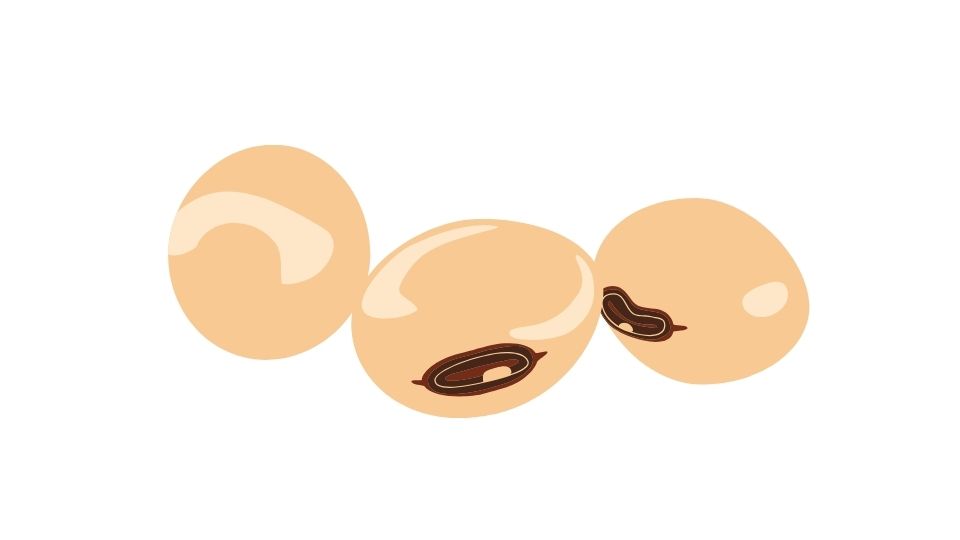
One of the few truly complete plant proteins, soy protein isolate comes from processed, defatted soybeans. It provides:
- All essential amino acids
- High protein content per serving
- Some controversy – soy contains phytoestrogens, which have raised health questions (though evidence remains inconclusive)
- A common allergen warning – not everyone tolerates soy well
Brown Rice Protein
Brown rice protein is:
- Generally incomplete (low in lysine)
- Often combined with pea protein to create a balanced amino acid profile
- Very hypoallergenic
- Less likely to cause digestive issues
- A bit grainier in texture than other options
Hemp Protein
Hemp seed protein offers:
- A complete protein profile
- Beneficial omega-3 fatty acids (bonus!)
- Lower amounts of leucine (important for muscle building)
- A slightly earthy taste some people love (and others… don’t)
Other Plant Proteins
You’ll also find proteins made from:
- Pumpkin seeds (fiber-rich, incomplete on its own)
- Sunflower seeds (decent amino acid spectrum, usually in blends)
- Quinoa (one of the few complete plant proteins)
- Chia seeds (omega-rich but low protein content)
Why Choose Vegan Protein Powder?
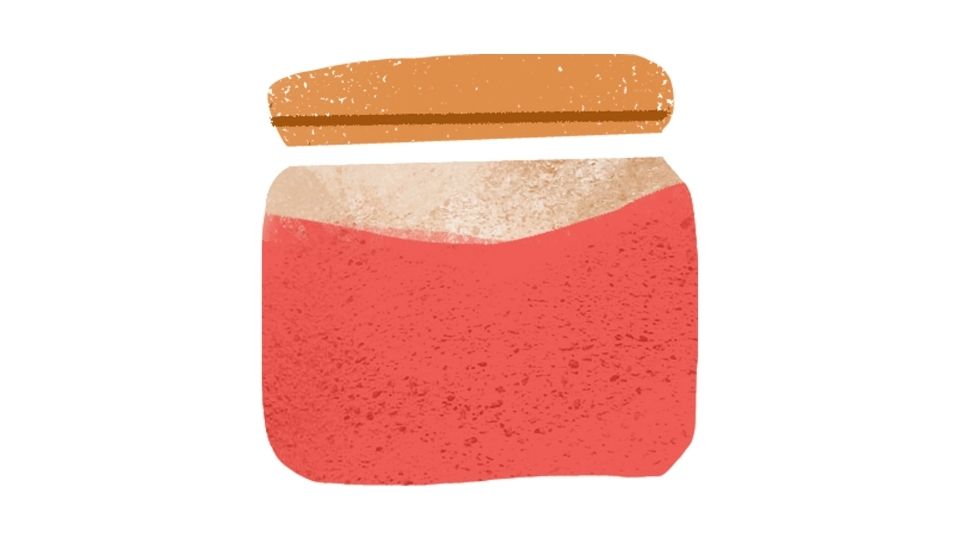
There are plenty of reasons people opt for plant-based protein powders:
Ethical reasons – Avoiding animal exploitation aligns with vegan values
Digestive comfort – Many people find plant proteins easier to digest than whey or casein, especially if you’re lactose intolerant
Environmental impact – Plant proteins generally have a much lower carbon footprint than animal proteins (using less land, water, and energy)
Allergy-friendly options – If you’re allergic to dairy, plant proteins offer great alternatives
Extra nutrients – Many vegan protein powders pack in fiber, vitamins, and minerals naturally found in plants
Are Vegan Protein Powders Complete Proteins?
This is where things get interesting.
Most individual plant proteins lack one or more essential amino acids needed for muscle repair and growth. This is why you’ll often see:
Protein blends combining multiple plant sources (like pea + rice) to create a complete amino acid profile
Formulations using naturally complete proteins like soy or hemp as a base, sometimes supplemented with other proteins
For muscle growth, look for powders with:
- 20-25 grams of protein per serving
- Good amounts of leucine (the key amino acid for muscle protein synthesis)
- Complete amino acid profiles (either from a single source or a blend)
Popular Vegan Protein Powder Blends and Their Benefits
Multi-Source Protein Blends
These typically combine:
- Pea protein isolate + brown rice protein (the most common combo)
- Pea + pumpkin seed protein (for extra nutrients)
- Triple blends with 3+ protein sources for optimal amino acid profiles
The benefit? These blends not only balance amino acids but also improve taste and texture. They often smooth out the earthy flavors typical of single plant proteins.
Raw Organic Protein Powders
These specialized blends offer:
- Proteins from sprouted seeds and legumes
- Added probiotics and enzymes for digestion
- No artificial ingredients or added sugars
- A “whole food” approach to supplementation
Potential Drawbacks to Consider
Not everything is perfect in plant protein land:
Taste and texture can be different from whey (earthier, sometimes grainier)
Allergies still exist – especially with soy, which is among the top food allergens
Processing levels vary – some vegan proteins (especially soy isolates) are highly processed
Protein content per serving differs by source (soy typically has the highest, followed by pea)
How to Choose the Right Vegan Protein Powder
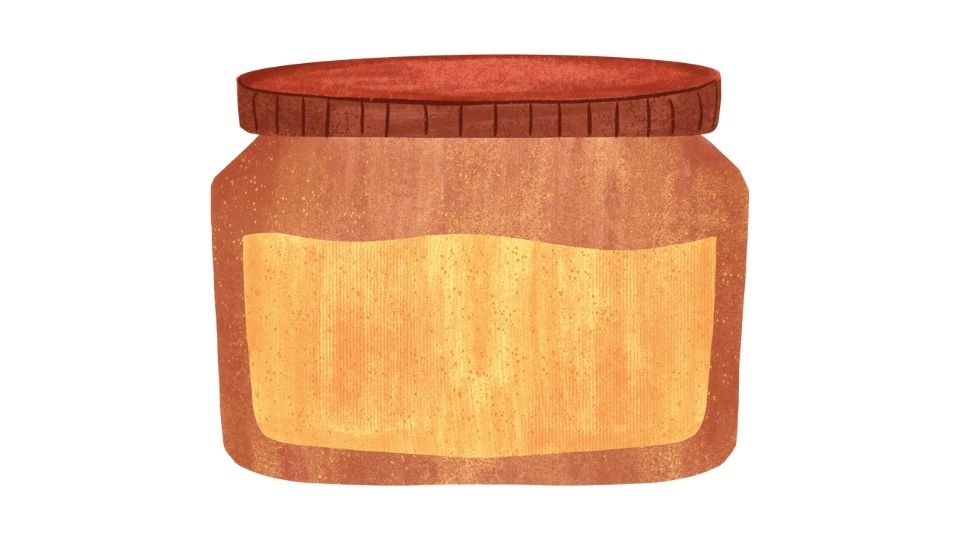
Finding your perfect match comes down to:
Check the protein source(s) – Blends often ensure complete amino acid profiles
Look at protein per serving – Aim for about 20g to support muscle recovery
Consider your allergies – No soy? Try pea or hemp instead
Read certifications – Organic, non-GMO, and clean labels may indicate higher quality
Think about digestibility – Some powders add enzymes or probiotics to help your gut
Taste matters! – Because if it tastes like dirt, you won’t drink it
In Summary
Yes, protein powder can absolutely be vegan – and there are tons of amazing options out there!
Whether you choose pea, soy, hemp, or a blend, vegan protein powders can effectively support your fitness goals while aligning with your values. The best powder for you depends on your taste preferences, nutritional needs, and how your body responds.
The coolest part? Research shows that plant proteins can be just as effective as animal proteins for building muscle when formulated properly.
So next time someone asks if you can get enough protein as a vegan, hand them a plant-based protein shake and watch their mind get blown.

